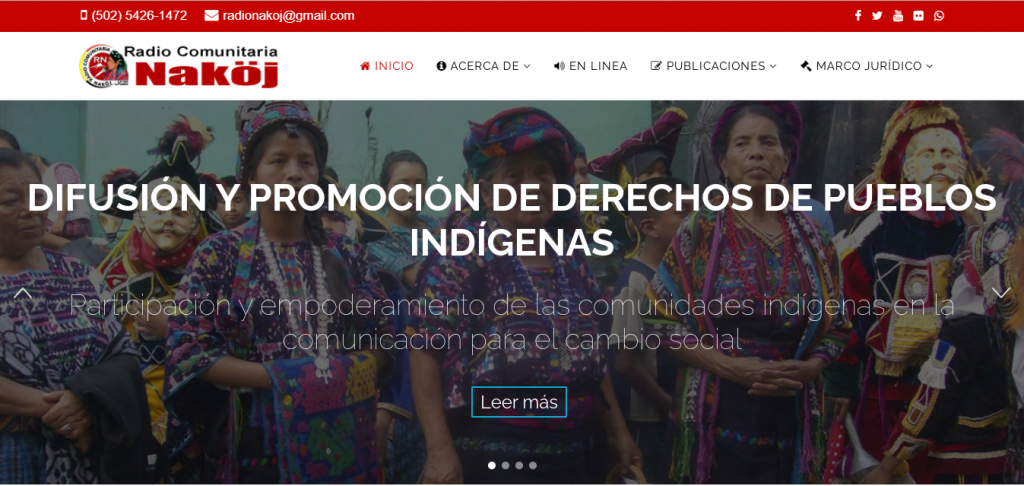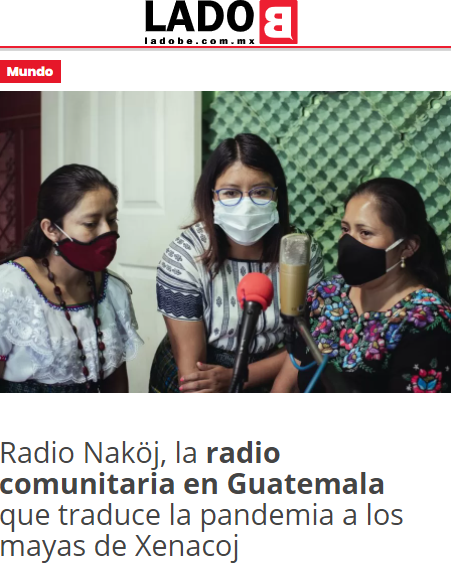
Source
In order to stem the pressure of migrants on the Mexican border, the USA is also using radio advertising. A State Department spokesman told CNN that more than 30,000 advertisements are aired each month on Central American stations. The aim is to counter the misinformation spread by traffickers and the idea that President Joe Biden is softer on immigration. Up until the spring, 28,000 were broadcast, but this number has risen to over 30,000 due to the ‘discounts’ offered by the broadcasters on the ‘packages’ purchased by the American administration. The radio medium was chosen to reach the largest number of people, and religious leaders and public figures were also involved in the production of the releases. The monthly budget is $600,000. The announcements, broadcast in El Salvador, Guatemala and Honduras, are in Spanish and five indigenous languages and last 40 seconds.


